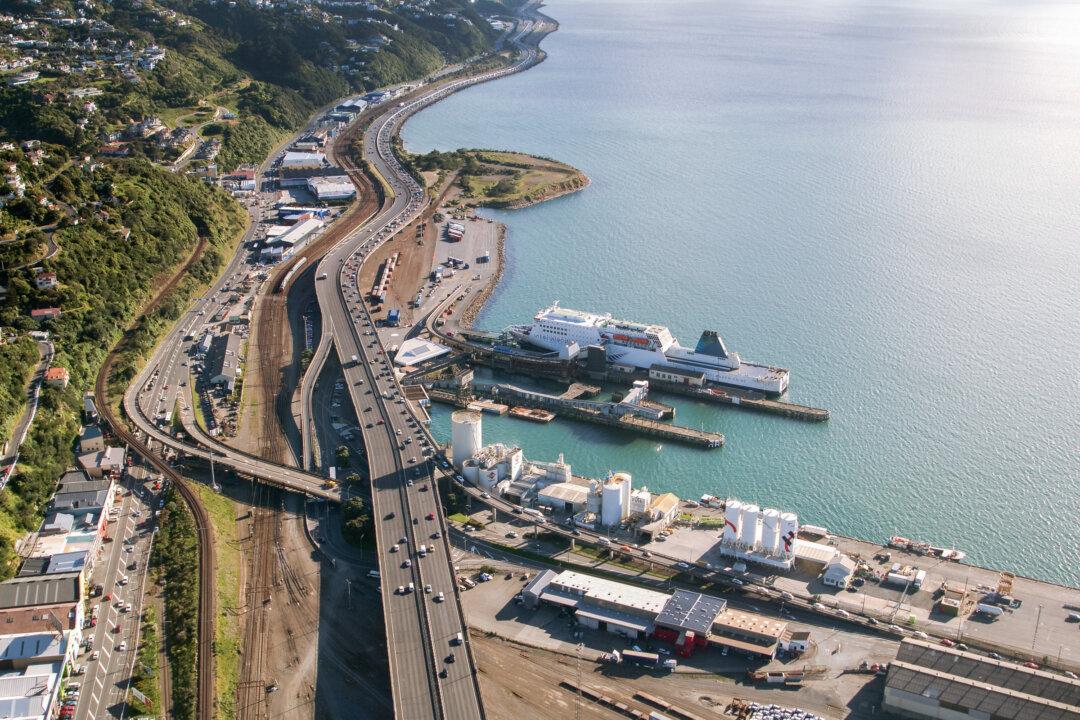The New Zealand government has forced KiwiRail to abandon plans to replace its ageing fleet of ferries, which carry freight and passengers across Cook Strait.
The fleet is prone to regular breakdowns, frustrating the transport sector: Freightways, for instance, moves over 25 trucks a day each way on Cook Strait ferries, and chief executive Mark Troughear says cancellations “play absolute havoc” with logistics.





